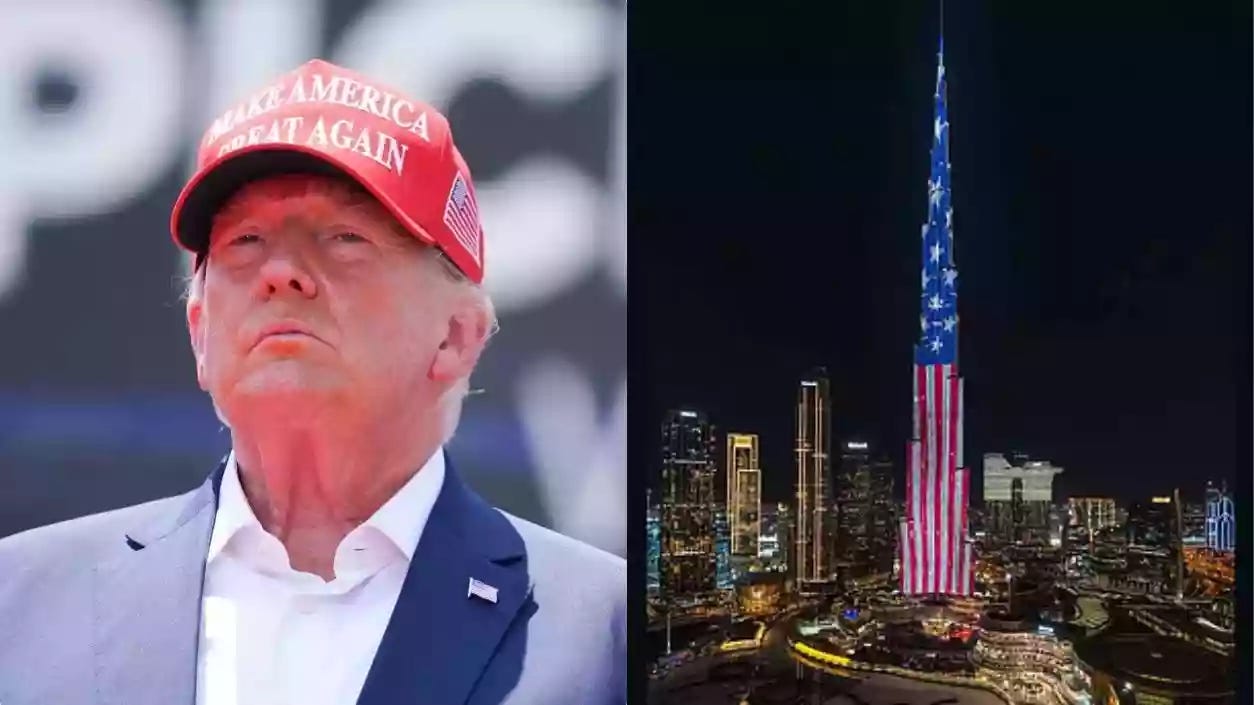Commerce Not Chaos: The Emerging Trump Doctrine
Deep Dive: Trump believes nations don’t need to agree on theology, ideology, or even morality to coexist or thrive together. They just need to need each other.
VOTE NOW for your favorite book cover for Essays on the Counterrevolution. Voting is open to all, but get the book for FREE when you become a Premium Member!
by Rod D. Martin
May 20, 2025
Last week, the royal families of Riyadh, Doha and Abu Dhabi rolled out the lavender carpet for President Trump, escorting Air Force One over the Arabian dunes with sleek American-made fighter jets and hosting him — and his entourage of American titans of industry — in their ornate, marbled palaces.
They were well rewarded for their efforts. At the Saudi-U.S. Investment Forum in Riyadh, Trump outlined a new, practical, workable vision for peace:
“Before our eyes a new generation of leaders is transcending the ancient conflicts of tired divisions of the past and forging a future where the Middle East is defined by commerce, not chaos; where it exports technology, not terrorism; and where people of different nations, religions and creeds are building cities together, not bombing each other out of existence."
No apologies. No sanctimony. No utopian blather. Just a clear, forceful statement of shared interest, and an opening to make real lives better.
This was not a one-off. It was the clearest articulation yet of the emerging Trump Doctrine: bind nations through trade, not treaties; through leverage, not lectures. And above all, replace the failed imperial fantasies of the globalist elite with hard, transactional realism. Trump is building a new architecture of peace — not through war, but through deals. Not by dominating, but by disincentivizing disorder.
In this, Trump takes a page out of Immanuel Kant. In Perpetual Peace, Kant wrote:





